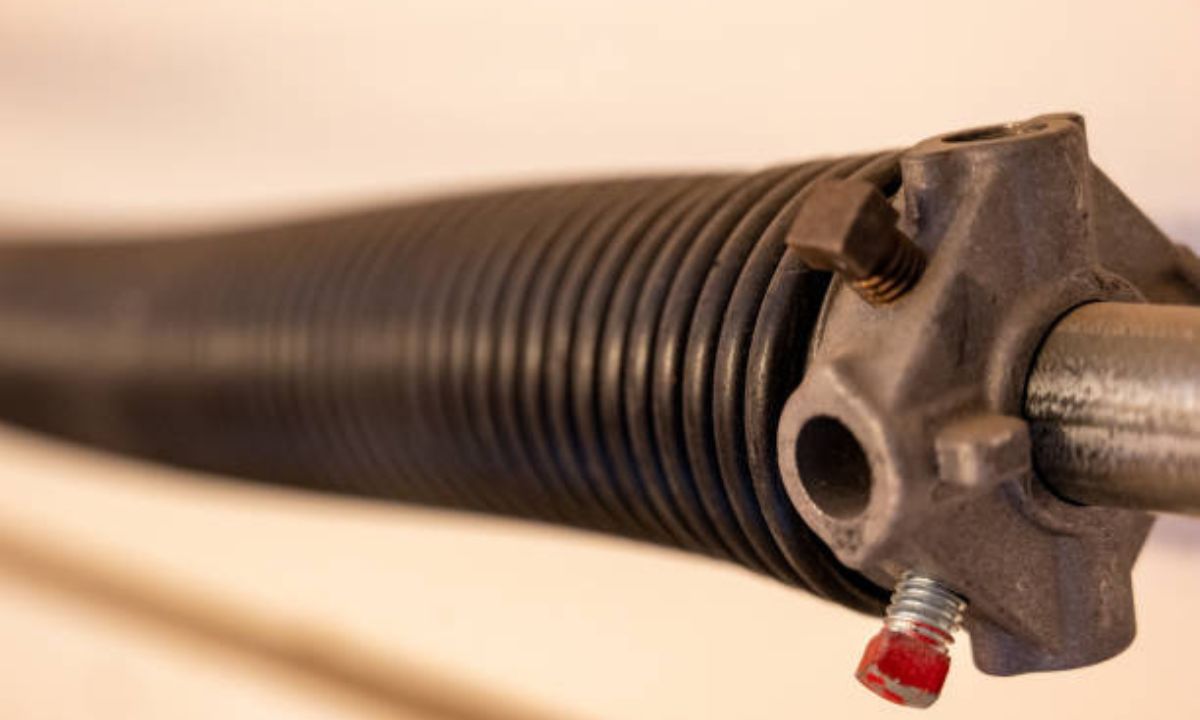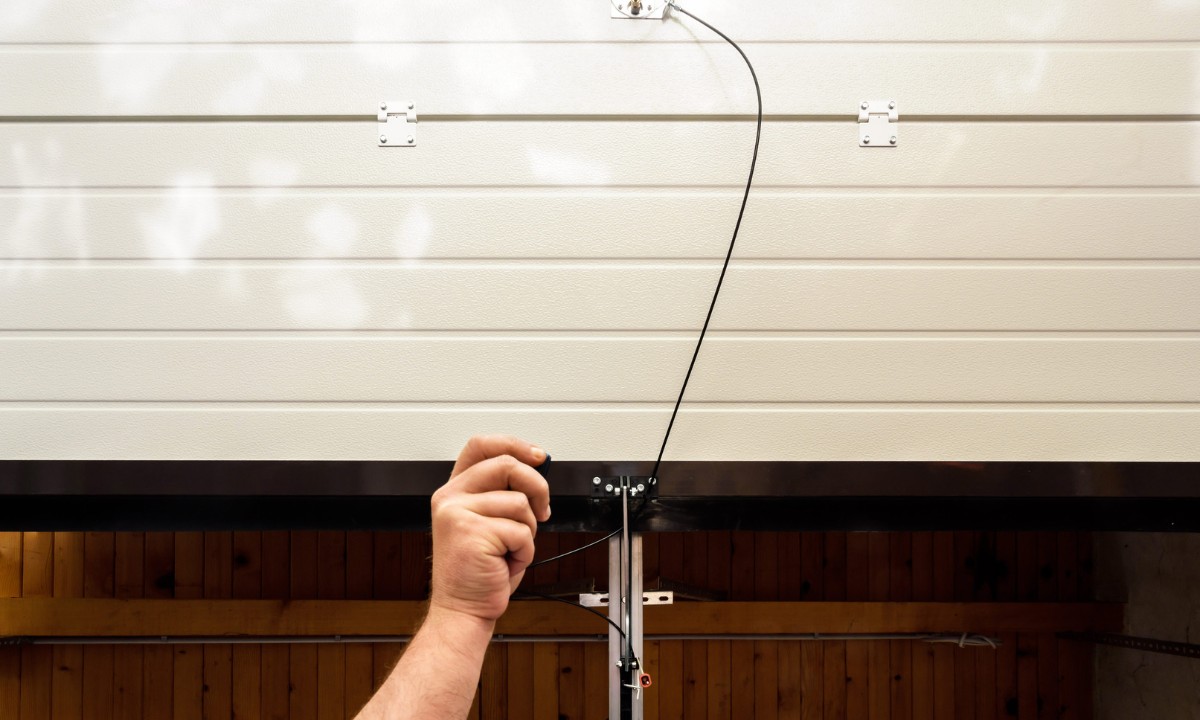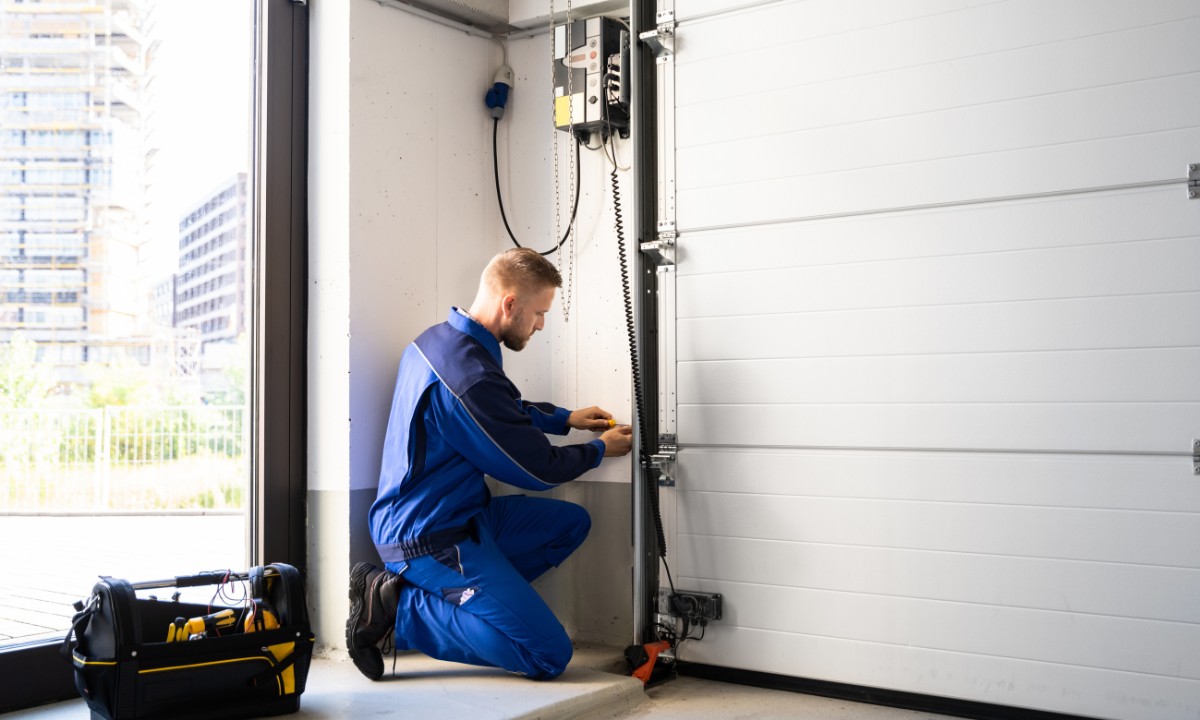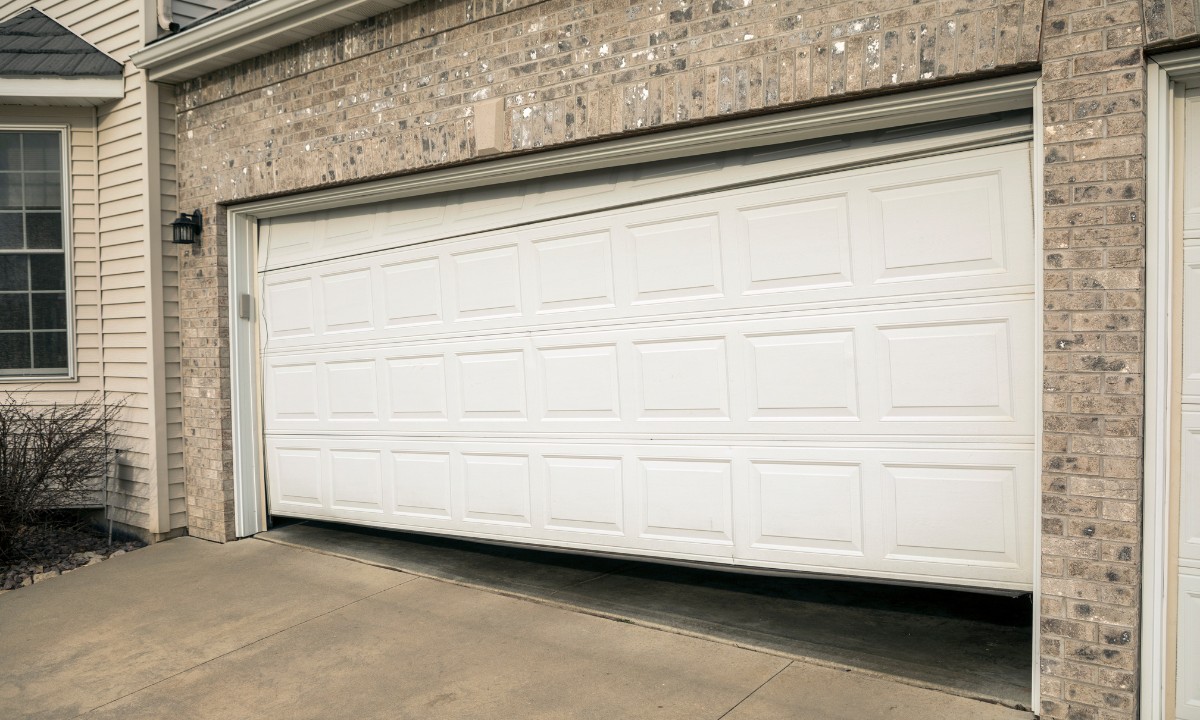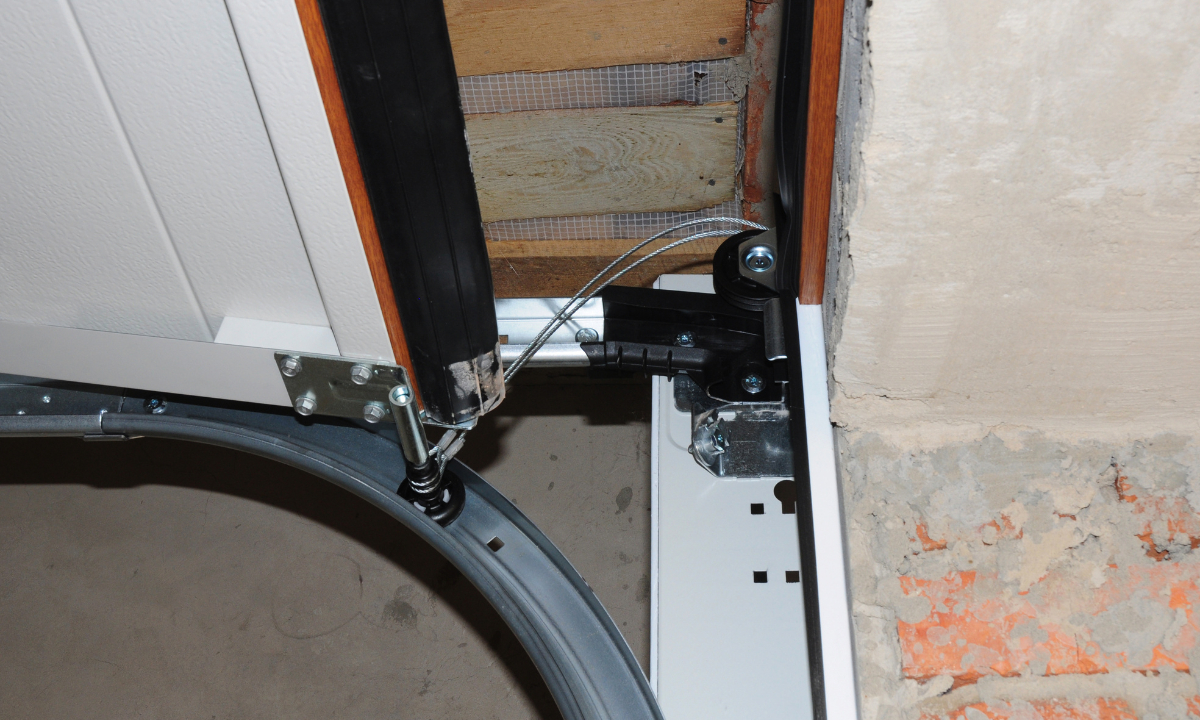In Barataria,
Louisiana, troubleshooting noisy garage door springs
Overview
With
a population of about 1,500, Barataria, Louisiana, is a quaint hamlet renowned
for its picturesque bayous and warm, humid environment. Garage doors are
crucial for shielding residences and automobiles from the weather in this
coastal area. But for residents in Barataria, noisy garage door springs can be
a regular problem. Comprehending and resolving these sounds can contribute to
preserving the efficiency and durability of your garage door system. This
tutorial will examine typical noise problems, the kinds of springs that are
involved, and workable ways to address noisy springs.
Frequent
Problems with Noise in Barataria, Louisiana
Due
to its closeness to the sea, Barataria's climate may be both humid and salty,
which can cause particular wear and tear on garage door springs. Typical
problems with noise include:
Squeaking
or screeching
Frequently
brought on by dry springs or friction between moving parts.
Frequent
rattling or banging may be the result of misplaced springs or loose parts.
Humming
or grinding
Usually,
the result of broken or worn-out springs.
Recognizing
these sounds is the first step toward identifying and fixing spring-related
problems.
Different
Spring Repair Types
There
are two main types of garage door springs, each with unique qualities and
possible noise problems:
Torsion
Springs
Under
tremendous tension and situated above the garage door, torsion springs can make
noise if they are loose, worn out, or improperly oiled.
Springs
of Extension
Extension
springs, which are positioned on either side of the garage door, may also
become noisy for similar reasons or if they are not balanced properly.
Recognizing
Noise-Related Types
Determine
the type of spring you have and the noise problems it is causing in order to
solve loud garage door springs:
Torsion
Springs
Lack
of lubrication or rust may be the cause of noises. To ensure good performance,
these springs need to be maintained on a regular basis.
Extension
Springs
Vibrations
in these springs are frequently indicative of problems with the cables or
pulleys, which can impair the door's overall balance and movement.
Typical
Problems
Noisy
garage door springs can result from a few sources, including:
Absence
of Lubrication
Grinding
and squeaking sounds may be produced by dry springs and moving parts. Smooth
operation requires regular lubrication.
Rust
& Corrosion
Humidity
and moisture exposure can cause rust, which reduces the effectiveness and noise
of the springs.
Worn
or Loose Parts
Springs
tend to wear out or become loose over time, which can cause loud banging or
rattling noises. Inspections on a regular basis can assist in detecting these
problems before they worsen.
Misalignment
Excessive
noise and malfunctioning might result from misaligned springs and other parts.
Resolving
Noise Problems
To
address and repair noisy garage door springs, follow these steps
Lubricate
the Springs
Coat
the springs and other moving components with a premium garage door lubricant.
This lessens noise and friction. WD-40 should not be used as it can deteriorate
over time.
Examine
for Rust
Look
for any corrosion or rust on the springs. If rust is seen, remove it as best
you can. If the damage is substantial, think about replacing the springs.
Tighten
Loose Parts
Make
certain that all bolts, nuts, and other parts are securely fastened. Noises
such as rattling can be caused by loose parts.
Adjust
Spring Tension
The
springs may require modification if they are not balanced correctly. It is best
to have a professional handle this to prevent any safety risks.
Replace
Worn Springs
It
might be required to replace the springs if they are broken or overly worn.
Choose the right replacement springs by speaking with a garage door expert.

